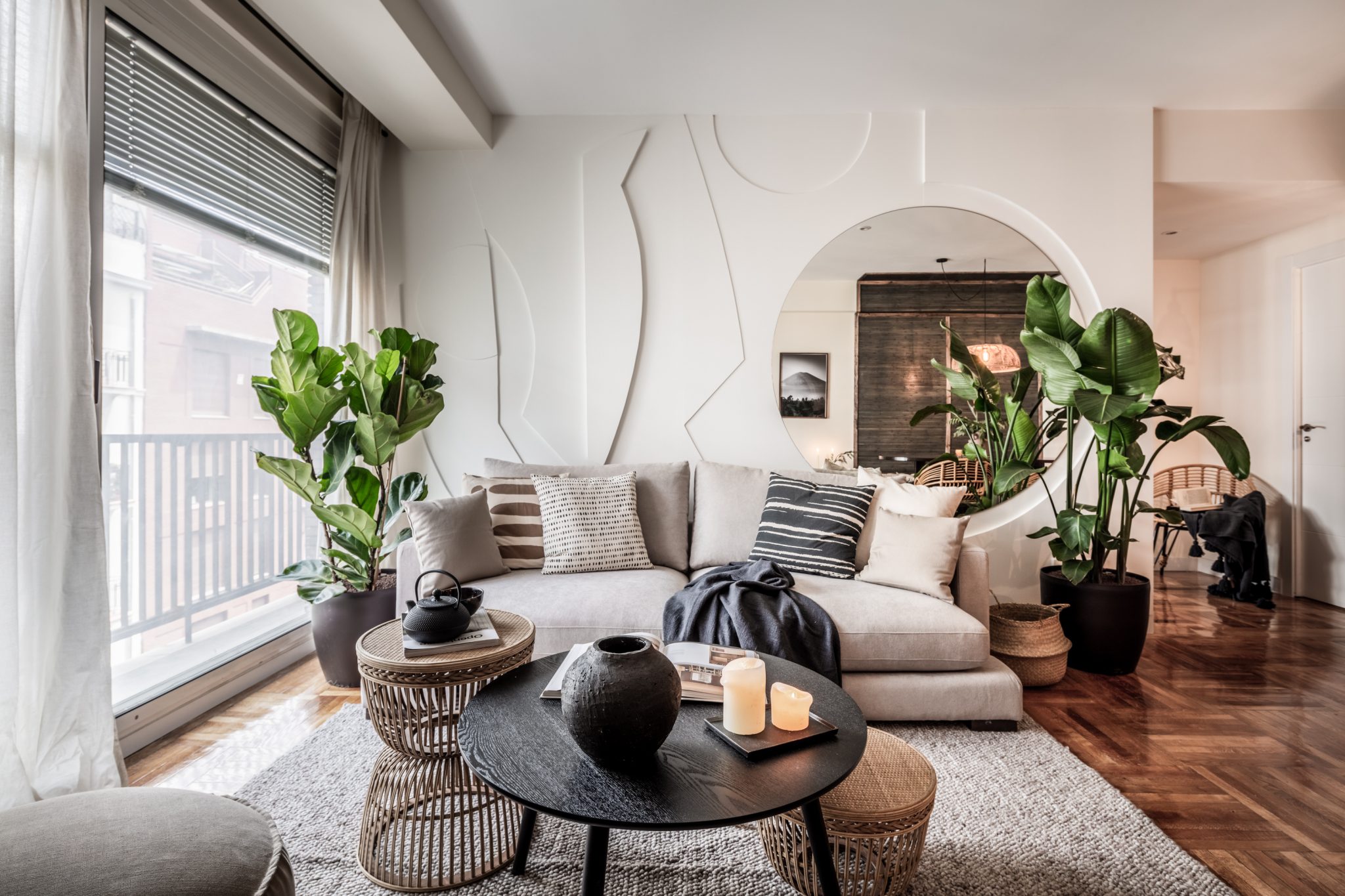Skift Take
Almost every week, a short-term rental platform or ancillary software service reports that it has raised millions. It’s almost like there’s a growing demand for their services. There were two this week, and the star is Barcelona-based Ukio.

Travel Startup Funding This Week
Each week we round up travel startups that have recently received or announced funding. Please email Travel Tech Reporter Justin Dawes at [email protected] if you have funding news.
>>Ukio, a Barcelona-based short-term rental platform focused on remote workers, has raised $28 million (€27 million) in a Series A round of funding.
It includes $17.6 million (€17 million) in equity and $10.4 million (€10 million) in debt, led by Felix Capital with support from Kreos Capital, Heartcore, and Breega. Ukio raised $9 million in 2021.
The Ukio platform allows users to book one of the startup’s more than 500 furnished apartments in European cities including Barcelona, Madrid, Lisbon, and Berlin. The company said its properties have 96 percent occupancy. Tenants usually book stays for between one and six months.
The startup said it has grown its revenue seven times in 2022 from the previous year and now has 120 employees.
The funding will allow Ukio to expand into more European cities in the coming months, including Paris, Dublin, Milan, and London. The startup will continue hiring and further build out its proprietary software with features including an automated monthly rental subscription.
The startup also plans to develop a business-to-business service for international businesses.
Each Ukio apartment is furnished by local designers with items from eco-friendly suppliers, the company said. Additional services for guests include cleaning, gym memberships, and local events.
Ukio was founded by brothers Jeremy Fourteau — a former product director at Headspace, Knotel, and EA — and Stanley Fourteau, former head of global growth for Airbnb.
“We founded Ukio to be the go-to solution for a new generation of flexible workers,” Stanley Fourteau said in a statement. “The rise in remote work is unshackling people from their desks, enabling them to experience more of the world, and they are using this opportunity to live and work wherever they want. Yet, the residential real estate market has stayed stuck in the past and is in no way conducive to the needs of tomorrow’s generation.”
Stanley Fourteau shared some of his vision with Skift last year.
>>Raus, a platform that offers short-term stays in modern cabins, has raised $3.1 million (€3 million).
The funding was led by 10X Founders with participation from Shio Capital, Bellevue Holding GmbH, Boscor group, Ennea VC, Speedinvest, NFQ Capital, Airbnb co-founder Nathan Blecharczyk, and other angel investors.
The Germany-based startup has raised more than €6 million.
With properties located in remote areas, the platform focuses on nature immersion for guests. The modern cabins are complete with a full kitchen and wi-fi.
More than 2,000 guests have stayed with Raus since it was founded in Oct. 2021.
The company has roughly two dozen properties near five German cities right now, with plans to expand. The company recently opened the Raus Lodge, a larger structure meant for groups.
Additional services for guests include events like alpaca hikes, farm visits, and guided stargazing tours, along with packages from local farms and gourmet suppliers. To date, local businesses have earned an average of $1,556 per month by working with Raus, the startup said.
“The new financing will help us to expand further and accelerate the development of our platform for nature immersion at the same time,” said Julian Trautwein, co-founder and CEO of Raus.
| Company | Stage | Lead | Raise |
|---|---|---|---|
| Ukio | Series A | Felix Capital | $28 million |
| Raus | Unspecified | 10X Founders | $3.1 million |
Skift Cheat Sheet:
We define a startup as a company formed to test and build a repeatable and scalable business model. Few companies meet that definition. The rare ones that do often attract venture capital. Their funding rounds come in waves.
Seed capital is money used to start a business, often led by angel investors and friends or family.
Series A financing is typically drawn from venture capitalists. The round aims to help a startup’s founders make sure that their product is something that customers truly want to buy.
Series B financing is mainly about venture capitalist firms helping a company grow faster. These fundraising rounds can assist in recruiting skilled workers and developing cost-effective marketing.
Series C financing is ordinarily about helping a company expand, such as through acquisitions. In addition to VCs, hedge funds, investment banks, and private equity firms often participate.
Series D, E and beyond These mainly mature businesses and the funding round may help a company prepare to go public or be acquired. A variety of types of private investors might participate.
The Daily Newsletter
Our daily coverage of the global travel industry. Written by editors and analysts from across Skift’s brands.
Have a confidential tip for Skift? Get in touch
Tags: funding, startups, travel tech, travel technology, vcroundup, venture capital
Photo credit: Ukio has more than 500 short-term rental properties in Europe meant for remote workers. Ukio
